Notturno
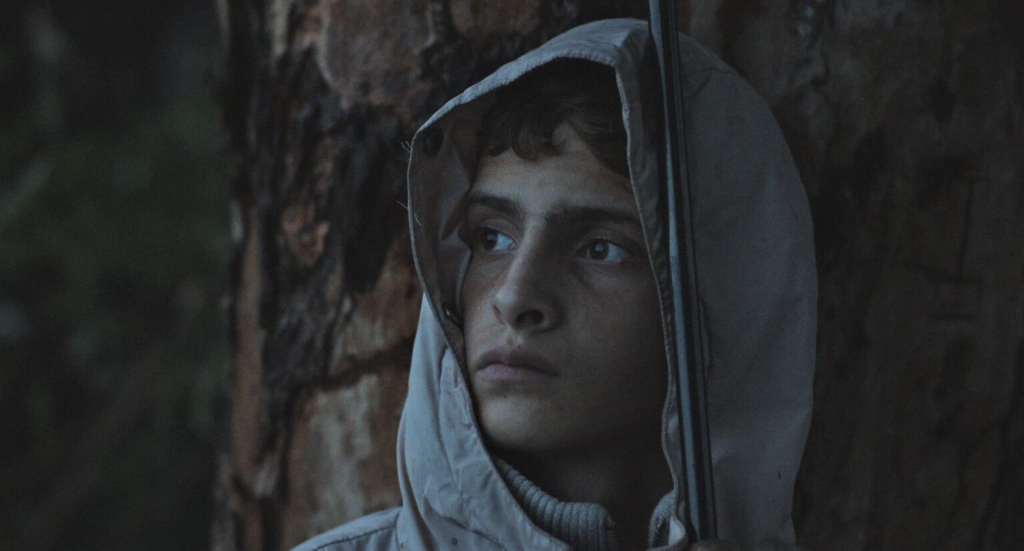
Following 2016’s acclaimed documentary Fuocoammare, which offered a glimpse of life on the island of Lampedusa, Gianfranco Rosi returns with another project in the same vein. Filmed over three years in the Middle East between Iraq, Kurdistan, Syria and Lebanon, Notturno relates stories of survival, but it does so without resorting to overt displays of suffering. The tone is sombre and subdued, with extended silences that draw attention to the inner struggles of those who were left to deal with the aftermath of violence. Different generations face equally traumatising experiences and have to gather the broken pieces and find a way to keep going.
The focus shifts between individuals and groups, some of whom the director returns to. Personal tales are not spelled out, but rather hinted at in fragments. In an early scene, a group of mothers visit the deserted jail where their sons were tortured and killed. Later, there are female Peshmerga fighters going from gun duty to rest time in their barracks with the same resilient expressions on their faces. A child supports his widowed mother and several siblings by working from dawn till dusk for a mere five dollars a day. Some particularly touching scenes show one-to-one meetings of a therapist with children who have narrowly escaped after being held captive by the ISIS. They later sit in a circle and draw pictures of the horrors they’ve witnessed with coloured crayons.
Rosi allows the viewer to feel immersed in each scene. There is no rush to tell a narrative, but rather he captures the pace of real life with its waiting times and its demands for patience. Central to the feature – which would certainly be even more striking on the big screen – are the visuals. The filmmaker chooses to leave out explanations and political matters and since that context is removed, all that remains are the aesthetics and the emotions portrayed. His storytelling relies on the essence of things: the gestures, the eyes, the tone of voice, the pauses and the landscapes that stretch around these scenes and feed them.
Violence is never shown explicitly but it’s in every frame in some shape or form. The impression given is that every individual depicted feels the invisible weight of the horrors that the land carries. The scenes move from one region to another without specifying where each scene is shot. This highlights the fact that the borders are arbitrary and bear no significance when it comes to loss and trauma. Notturno is a quiet and technically uneventful work, but it is charged with an intense feeling of grief and despair just beneath its composed surface. Powerful and moving, it captures a complex picture impressionistically but succeeds in striking a chord.
Mersa Auda
Notturno is released on MUBI UK on 5th March 2021.
Watch the trailer for Notturno here:

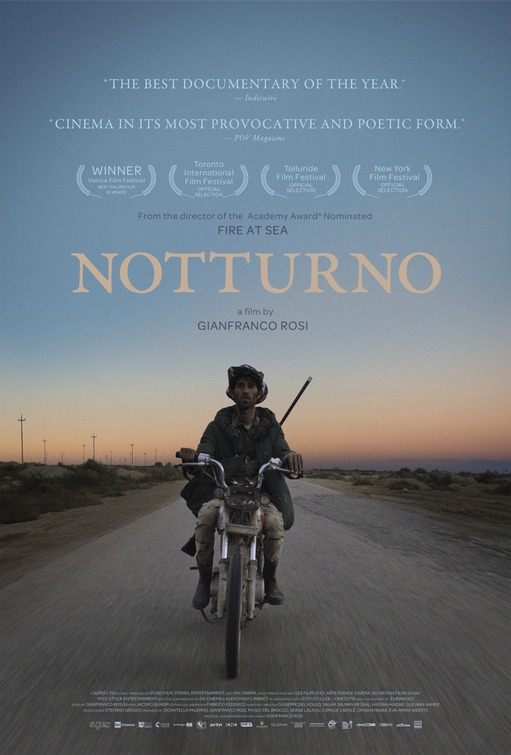



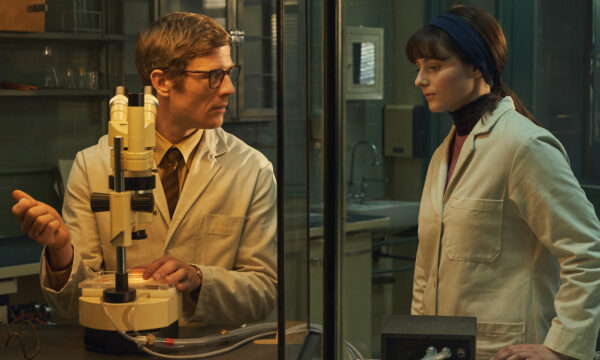
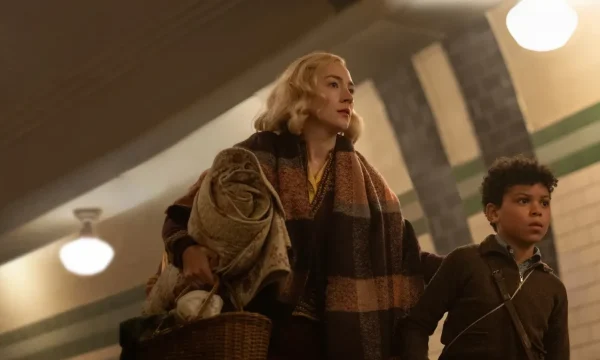
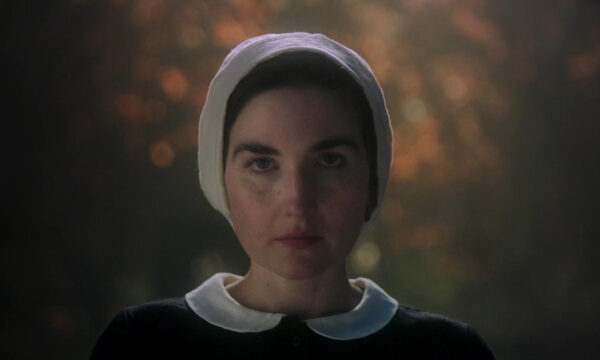
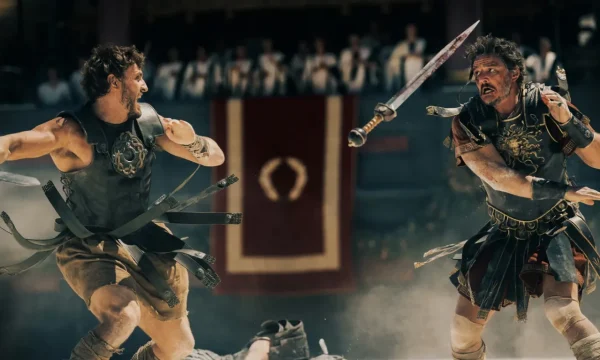
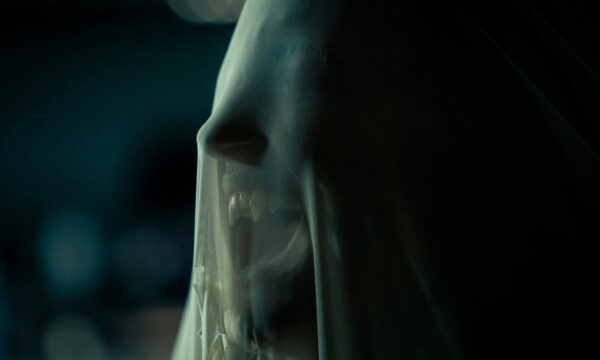











Facebook
Twitter
Instagram
YouTube
RSS